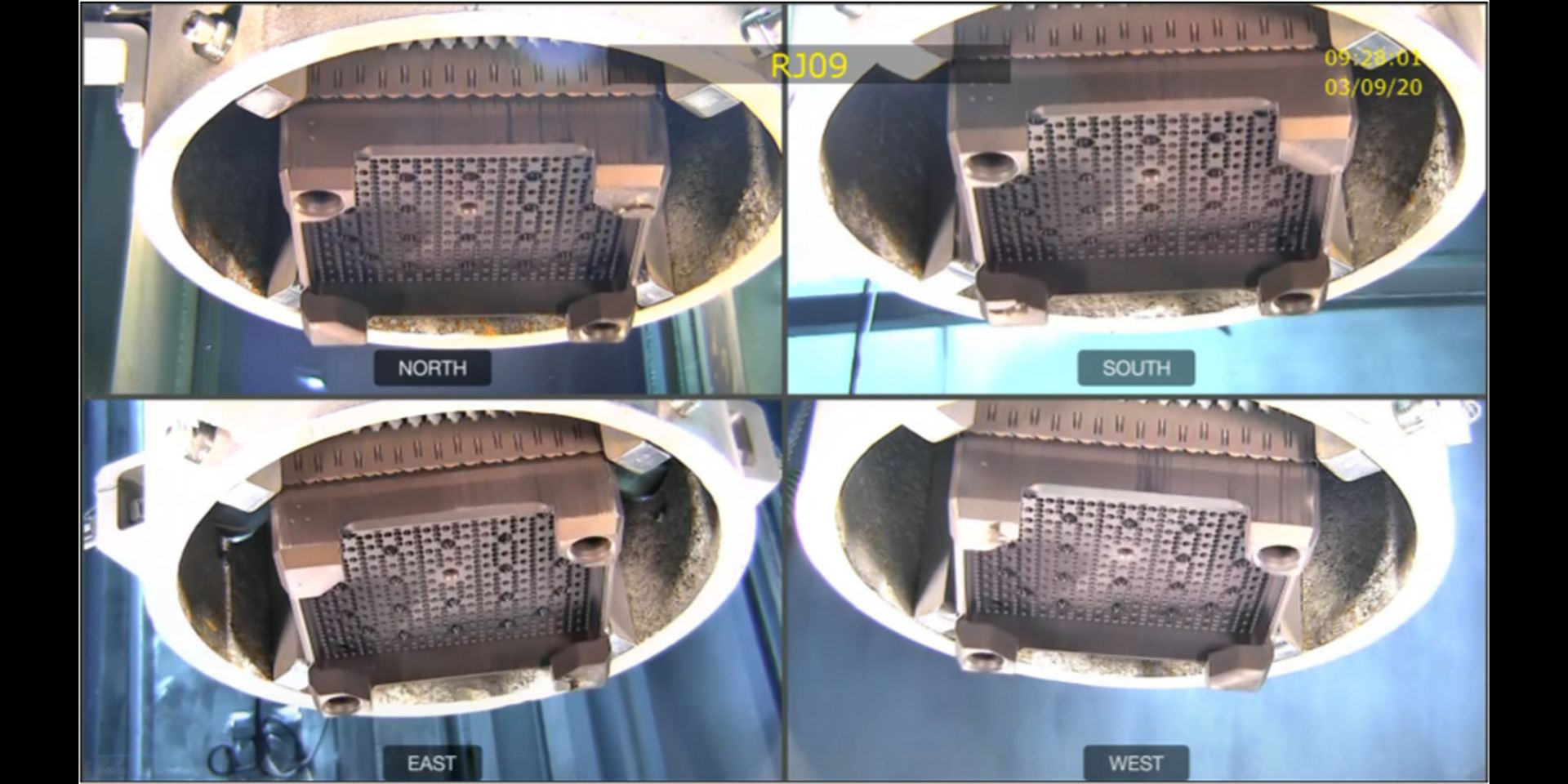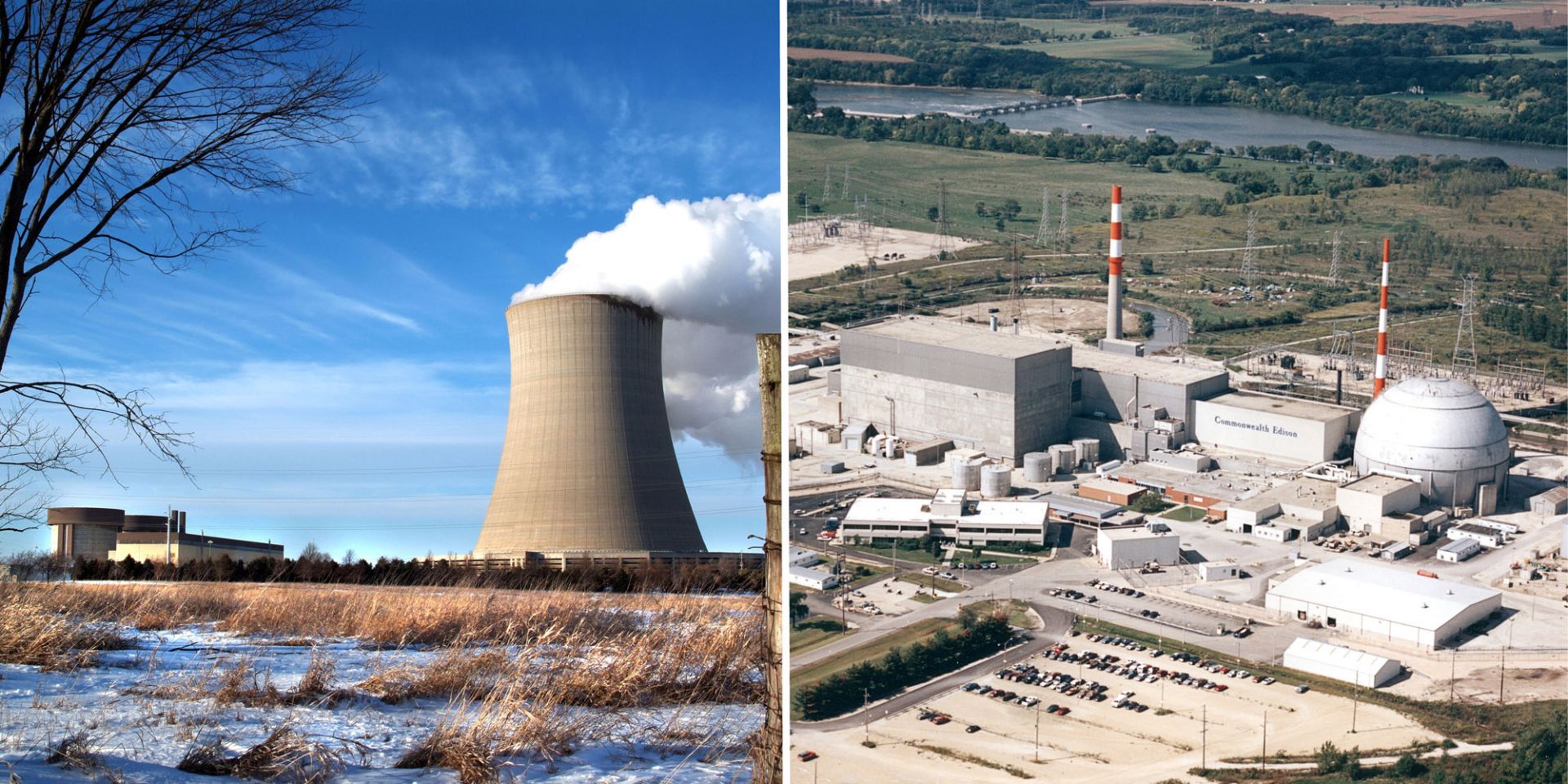Statement from American Nuclear Society President Steven Nesbit and Executive Director/CEO Craig Piercy on passage of Illinois Senate Bill 2408:
"The American Nuclear Society welcomes passage of legislation to secure Illinois' clean energy future by preventing the slated premature closures of Bryon and Dresden nuclear power plants. Over 4.3 gigawatts of irreplaceable carbon-free nuclear power and more than 1,500 jobs at the nuclear power plants have been saved.
Map of ERCOT over the state of Texas (Image: ERCOT)
Motivated by February’s Texas grid debacle and last month’s Electric Reliability Council of Texas (ERCOT) alert pleading with residents to conserve energy, Gov. Greg Abbott earlier this week issued a letter to members of the Public Utility Commission of Texas (PUC), directing them to take immediate action to improve electric reliability across the state. According to the governor’s office, the directives build on reforms passed in the 87th legislative session to increase power generation capacity and ensure the reliability of the Texas power grid.
Two of the state’s six nuclear plants nearly closed in 2016, but legislative action saved them. Now two more are at risk.
If there is one U.S. state you might think would be on top of the nuclear-plant-retirement problem, it’s Illinois: With 11 power reactors, more than any other state, it is number one in nuclear generating capacity. In 2019, 54 percent of its in-state generation came from nuclear power. So why, at this writing in mid-April, does Illinois still face the possibility of losing two of its nuclear plants later this year?
Byron (left) and Dresden (right) may be looking at early retirement if Springfield doesn't pass an energy package before the fall of 2021.
On August 27, I stood in front of small groups of socially distanced employees at our Dresden Generating Station in Illinois, announcing plans for the premature retirement of the nuclear facility next fall. A hundred miles away, our chief operating officer was delivering a similar, equally somber announcement to employees at the Byron Station.
Despite being among the safest, most efficient, and reliable nuclear plants in the nation, Dresden and Byron face revenue shortfalls in the hundreds of millions of dollars because of declining energy prices and market rules that allow fossil fuel plants to underbid clean merchant nuclear resources in the PJM capacity auction, even though there is broad public support for sustaining and expanding clean energy resources to address the climate crisis.









